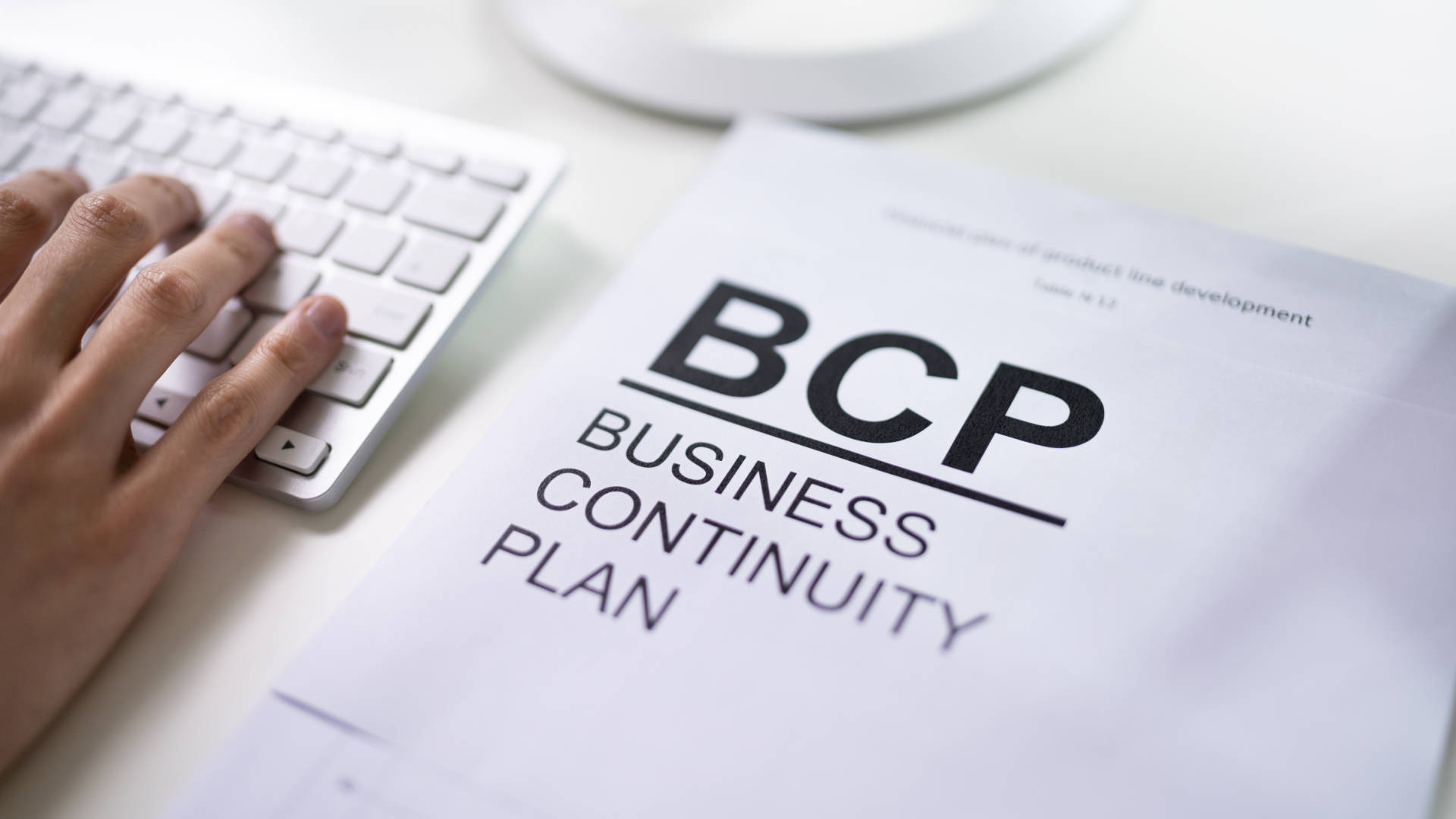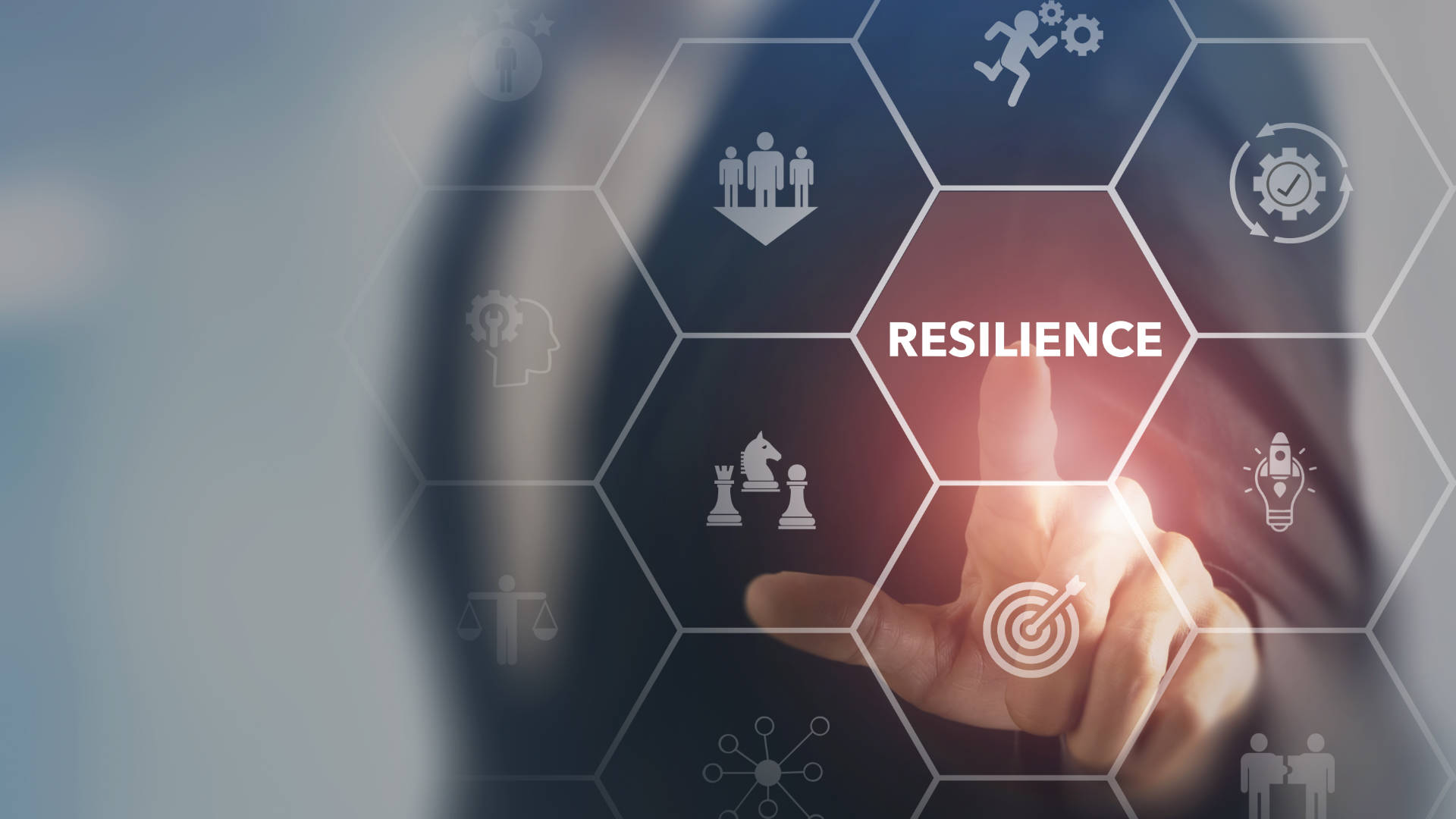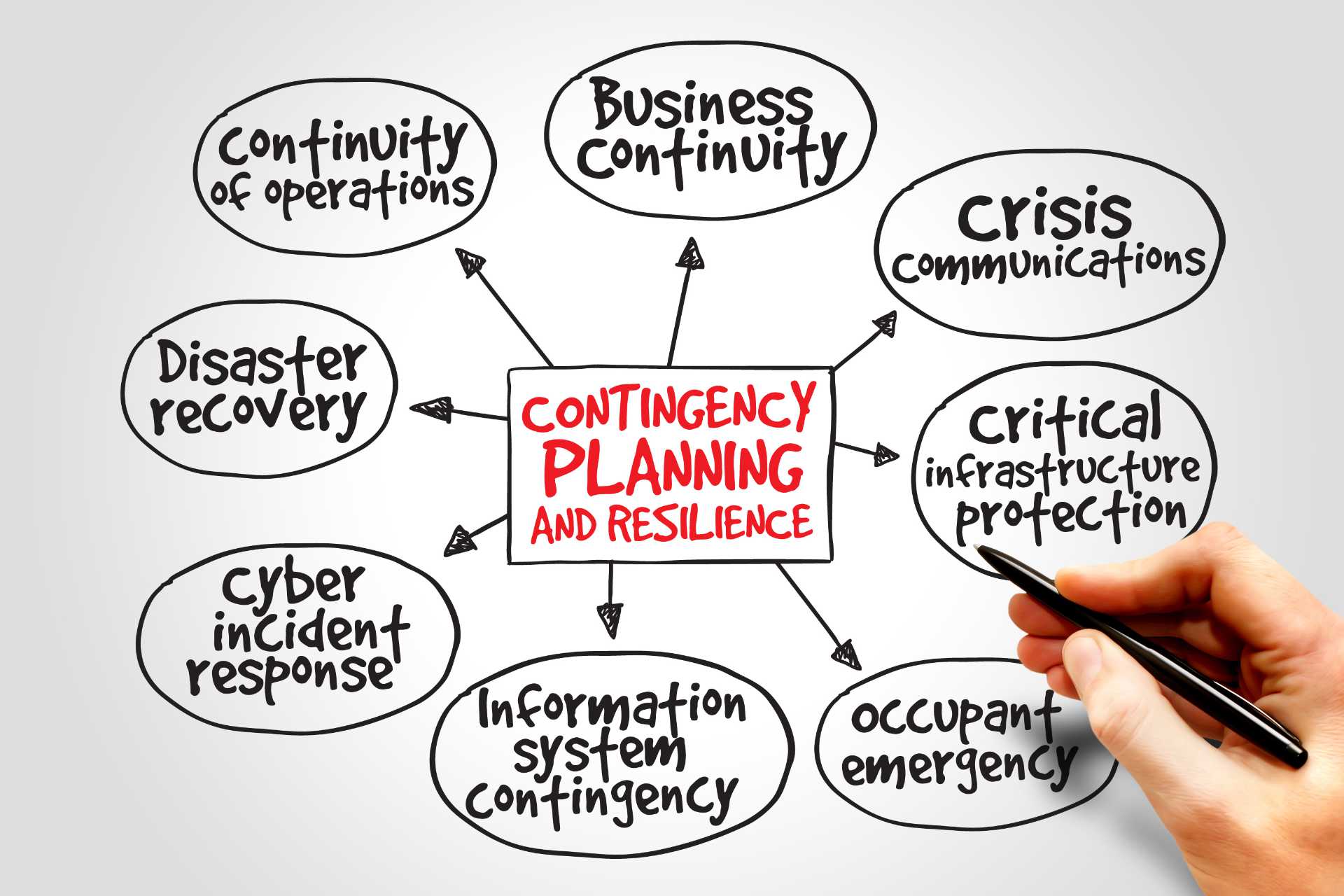ISO/IEC 27001 certification shows that your organisation is actively managing information security risks. But what would happen if a disaster or major incident disrupted your operations? How would that affect data-dependent services like SaaS, PaaS, or other cloud-based systems that rely on continuous operation?
ISO 27001 is designed to safeguard information assets against security risks, while ISO 22301 focuses on keeping essential business operations running during unexpected disruptions. Although the two standards complement each other, each has its own distinct goals and requirements. Together, they provide a stronger foundation for organisational resilience.
The Leading Cyber Security Investment for Irish Organisations
In recent years, Irish businesses have placed greater emphasis on continuity management, recognising the need to maintain operations and protect critical data amid growing digital and operational risks. This shift has been driven by a broader awareness of resilience, shaped in part by the operational challenges of events such as global pandemics.
Today, business continuity is no longer viewed as a theoretical best practice, but as a strategic imperative. According to PwC’s 2025 Global Digital Trust Insights Survey (Irish results):
74% of Irish organisations rank cyber security as their number one risk-mitigation priority for 2025, ahead of inflation and digital disruption – reflecting the growing recognition that business continuity depends on cyber resilience.
66% plan to increase cyber security budgets, investing to limit the impact of cyber crime and ensure stronger operational resilience in the event of an attack.

Business Continuity & ISO 22301
ISO 22301 is the specification for a Business Continuity Management System (BCMS) that helps organisations maintain continuous operations and minimise the risk of downtime caused by disasters or unexpected disruptions.
Achieving ISO 22301 certification highlights your organisation’s ability to continue delivering products and services during unplanned events, such as, but not limited to:
- IT failure
- Cyber attacks
- Weather-related incidents
- Transport strikes
- Pandemics
- Accidents
Application of the requirements set out in the ISO 22301 standard can help to minimise disruption and loss of revenue to your business operations. They also help to foster a culture of continual improvement and support the adoption of an internationally recognised management system.

What Are the Similarities and Differences Between ISO 27001 and ISO 22301?
Similarities
While ISO 27001 and ISO 22301 focus on different areas – information security and business continuity – both standards share a common management system foundation. This means they promote structured, proactive approaches to managing risk and supporting organisational resilience. Key shared elements include:
Internal audits
Regular evaluations to assess whether the management system is being properly implemented and maintained, and to identify areas for improvement.
Document control
Requirements to ensure documents are current, approved, accessible, and protected from unauthorised changes – supporting consistency and traceability.
Management review
Periodic top-level reviews to ensure the management system remains effective, aligned with strategic objectives, and responsive to changing risks or needs.
Awareness and training
Organisation-wide efforts to ensure employees understand their responsibilities, the relevance of the management system, and how they contribute to its success.
Corrective actions and continual improvement
Structured processes for identifying, investigating, and addressing nonconformities, with the aim of preventing recurrence and driving continual improvement.
Differences
ISO 22301 requires more detailed business continuity principles, including:
Business continuity policies
Clear documentation that sets out your business’s intent, objectives, and responsibilities around maintaining continuity in the face of disruption.
Continuity strategies
Defined approaches for enabling the organisation to continue critical operations – for example, through alternative suppliers, remote working, or backup systems.
Business Impact Analysis (BIA)
A structured process to assess how disruptions could affect operations, helping prioritise critical activities and recovery timelines.
Business Continuity Plans (BCPs)
Detailed, actionable procedures for responding to and recovering from incidents, tailored to different scenarios (e.g. cyber attack, supply chain disruption).
Testing and exercises
Scheduled simulations and drills to validate the effectiveness of continuity plans, build organisational readiness, and identify areas for improvement.
How Can Both ISO 27001 and ISO 22301 Help Your Organisation?
Organisations operating critical infrastructure may choose to adopt ISO/IEC 27001 and ISO 22301 as part of their efforts to align with the requirements of the EU’s NIS2 Directive. These standards can support compliance by helping organisations implement structured management systems for managing information security risks and maintaining operational continuity. However, NIS2 introduces sector-specific obligations and legal responsibilities that extend beyond the scope of these standards alone.
Certification to both ISO 27001 and ISO 22301 demonstrates an organisation’s structured approach to managing cyber security risks and continuity planning. Together, the standards address key areas such as risk identification, incident response, data availability, and resilience.
While ISO 27001 focuses on protecting information assets from security threats, ISO 22301 is a dedicated standard for responding to operational disruptions and maintaining critical business functions. Implementing both standards can enhance organisational resilience, though each has distinct objectives and requirements that must be addressed independently.
Is Your Business Certified to ISO 27001 or ISO 22301?
Explore our certification services for ISO 27001, ISO 22301, or both – and learn how these standards can help demonstrate your organisation’s commitment to resilience and information security.
If your organisation is at the early stages of its certification journey, our ISO training courses offer structured guidance on the requirements to implement an effective Information Security Management System (ISMS) in line with ISO 27001. However, if you are interested in getting a quote for these certifications, simply contact our friendly team today.





